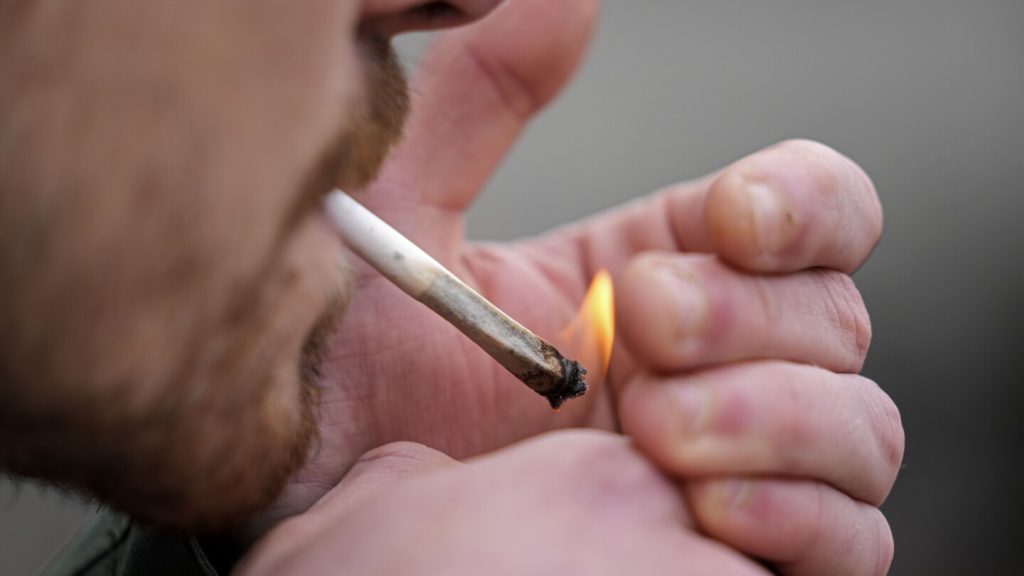Austria has announced that it will increase police checks near its border with Germany following Germany’s decision to legalize the possession of limited amounts of cannabis for recreational use. Germany’s new rules allow adults to possess up to 25 grams of marijuana for recreational purposes and to grow up to three plants for personal use. Another part of the legislation, which allows German residents over 18 to join nonprofit cannabis-growing clubs, will take effect on July 1. While European countries have different regulations regarding cannabis, Austria has stated that it will not follow Germany’s lead in legalizing the drug and is working to prevent any cross-border trade.
Austria’s Interior Minister, Gerhard Karner, explained that the increased police checks are aimed at removing addictive substances and drivers under the influence of drugs from the roads near the border. The ministry plans to deploy plain-clothes police officers and specialists trained to spot signs of drug impairment to carry out these checks. Karner emphasized that the goal is to protect all road users and ensure safety in the affected areas. The decision to step up checks comes as a proactive measure to maintain order and enforce existing drug laws in Austria, despite the changes in neighboring Germany.
The legalization of cannabis for recreational use in Germany has sparked concerns in Austria about the potential for increased drug trafficking across the border. The Austrian government’s decision to intensify police checks near the border is a preemptive measure to address these concerns and prevent any illegal activities related to cannabis. By implementing stricter controls in areas close to Germany, Austria aims to maintain its current drug laws and prevent any potential negative impacts that may arise from the neighboring country’s legalization of marijuana possession.
Austria’s approach to the issue reflects a broader trend in Europe, where countries have varying regulations and attitudes towards cannabis. While some nations have legalized marijuana for medical or recreational use, others maintain strict prohibitions on the drug. Austria’s decision to increase police checks near the border with Germany illustrates the country’s commitment to enforcing its existing drug laws and preventing any potential negative consequences from the legalization of cannabis in a neighboring country. The move is part of Austria’s efforts to maintain order and public safety while upholding its stance on drug control.
The decision to step up police checks near the German border also highlights the importance of border security and cooperation between neighboring countries. As Germany’s new cannabis laws come into effect, Austria is taking proactive measures to ensure that its own borders remain secure and that illegal drug activities are prevented. By intensifying checks and deploying specialized personnel in border areas, Austria is sending a clear message that it is committed to maintaining law and order within its territory, despite changes in drug legislation in neighboring countries. The increased police presence near the border serves as a deterrent to potential drug traffickers and individuals seeking to exploit the differences in cannabis laws between Austria and Germany.
Overall, Austria’s announcement to increase police checks near its border with Germany in response to the legalization of cannabis in the neighboring country reflects the complexities of drug policy in Europe. While each nation has its own approach to cannabis regulation, Austria is taking steps to reinforce its existing drug laws and prevent any potential negative impacts from Germany’s new legislation. By stepping up checks and deploying specialized personnel, Austria aims to maintain public safety, prevent any cross-border trade in drugs, and uphold its stance on drug control within its borders. The move signifies Austria’s commitment to enforcing its laws and protecting its citizens while navigating the challenges posed by evolving drug legislation in the region.


